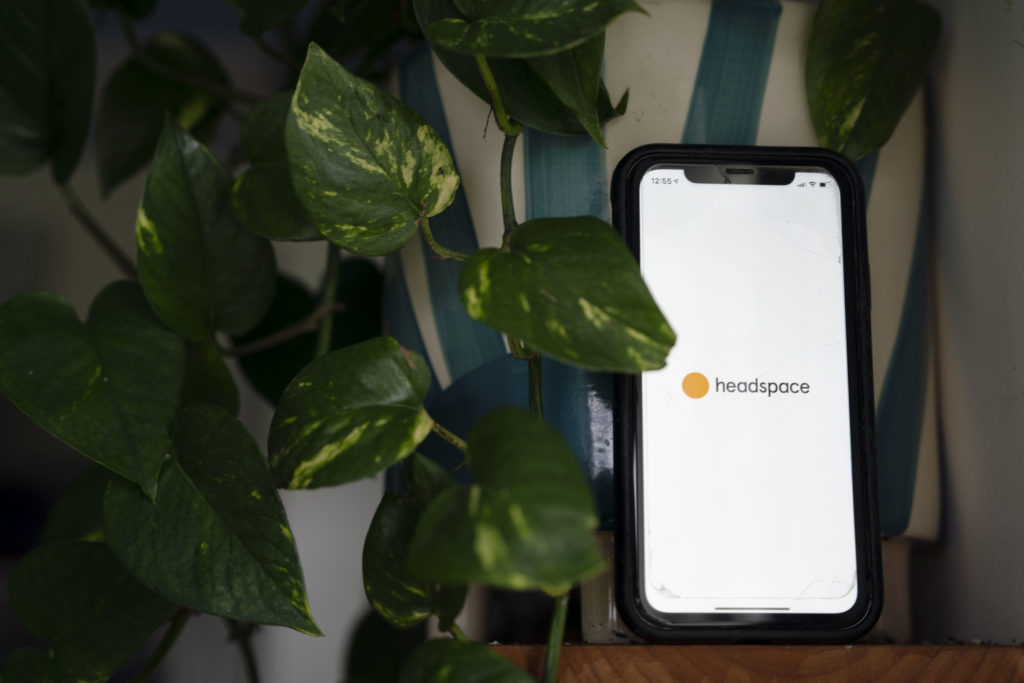With millions of ballots already cast and Election Day just around the corner, it’s OK to feel your blood pressure rising.
The months leading up to the 2020 election were full of anxiety and anticipation amid the pandemic and the contentious presidential race, but unlike previous elections, Americans will likely not know the results of the election on the night of Nov. 3 as millions of voters mail in their ballots. Here are some techniques to help you cope with your stress and anxiety as you await election results:
Practicing guided imagery
Guided imagery is a technique in which you conjure up soothing scenes or experiences in your mind to help you relax, according to a Harvard Health article. Make sure you choose a scene or image that has personal significance, like your garden or the path you always walk on with your dog. Focus your mind on this scene and all of its details to push out any other thoughts.
Similarly, guided meditation involves sitting comfortably while focusing on your breathing and bringing your attention to the present. Research suggests that meditation may be helpful for people with anxiety.
Both of these techniques can be done independently, but there are several apps and YouTube videos that can guide you through the process. Download apps like Insight Timer, Headspace, Simply Being and Calm, which allow you to choose the length of your guided session. Plug in your headphones, find a comfortable spot and try to take your mind off of the election for as long as your mind allows.
Exercising
If sitting still isn’t your thing, exercise is also proven to act as a stress reliever. Whether you like to jog, practice yoga or do a YouTube HIIT workout, any form of exercise can boost the production of endorphins.
Exercise provides stress relief while also imitating the effects of stress, according to the Mayo Clinic. While working out, your body pushes through the flight or fight response brought on by stress. This can help protect your body from the harmful effects of stress, like a weakened immune system, body pain and fatigue.
If you don’t have time to pencil in an hourlong workout, exercising in short bursts is also beneficial for mitigating stress. When you can’t seem to take your mind off the polls, go for a walk or try 50 jumping jacks to clear your mind.
Taking a news break
This may seem counterintuitive coming from a news organization, but don’t spend too much time reading the news. Take breaks from consuming election-related media, and try to limit the minutes you spend watching broadcast news or refreshing the polling page.
A common symptom of anxiety is called reassurance seeking – compulsively checking or asking for reassurance to neutralize the distress of uncertainty. In terms of the election, reassurance seeking may manifest in the form of checking the polls or reading the news to get the most up-to-date results. It may take days or weeks before we know the election results, so constantly checking the news can increase anxiety.
Another symptom of anxiety you may face post-election is rumination – repetitively going over a thought or problem in your mind without completion. You can stay informed without excessively checking or ruminating by setting specific times each day where you will read the news. For example, once after breakfast and once after dinner. You can set guidelines for yourself based on your schedule and what will be a healthy balance.
Talking it out
One great way to get your anxieties off your mind and prevent rumination is by talking with a therapist. They are there to listen and help you reflect on your feelings. If you don’t have a therapist, a friend or someone close to you who is willing to listen can be a good outlet for your emotions.
Ask someone close to you if you can set aside 10 or 15 minutes and take turns airing your grievances and explaining your worries. Getting your thoughts out in the open and feeling heard may help you feel less alone. Once you talk it through, you may be better equipped to focus on responsibilities outside of the election, like your classes or job.
Journaling
An alternative to talking through your feelings with a friend or family member is to write down your thoughts. Even if you don’t keep a regular journal, finding any piece of paper to document how you feel can help stifle rumination.
Whenever you find yourself especially anxious about the election results, grab a pen and write down your thoughts in that moment. Then, try to refocus your attention to whatever you’re doing that day, whether it be your dinner or a Netflix show.







